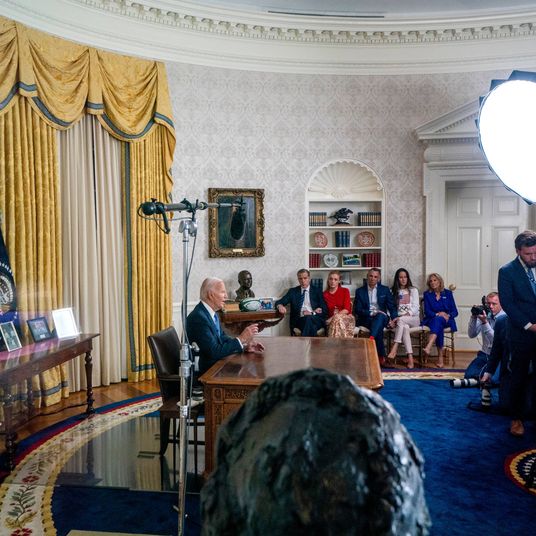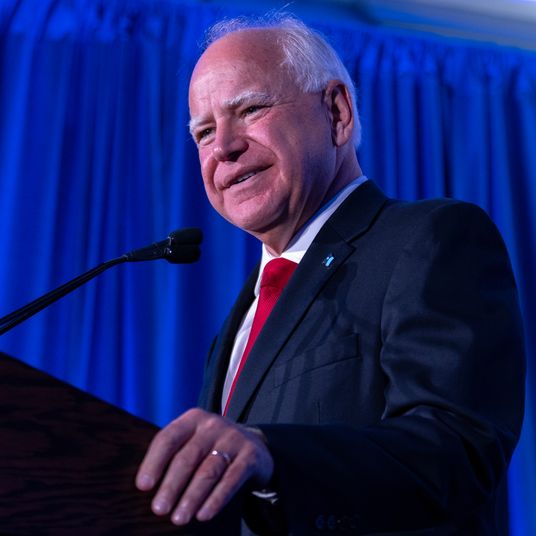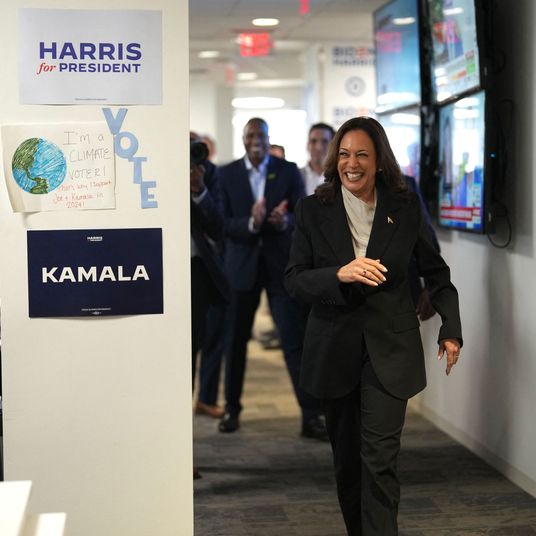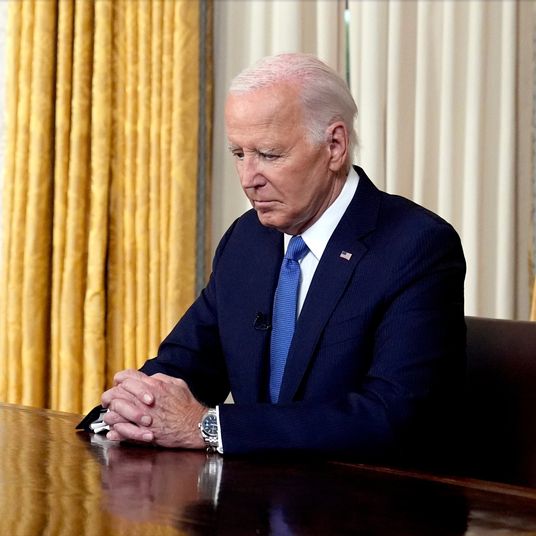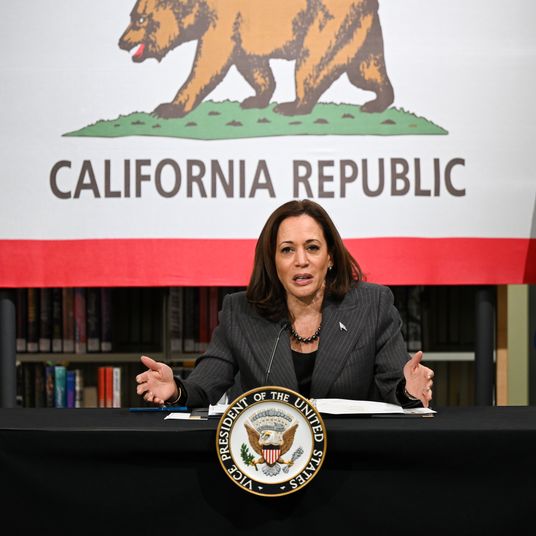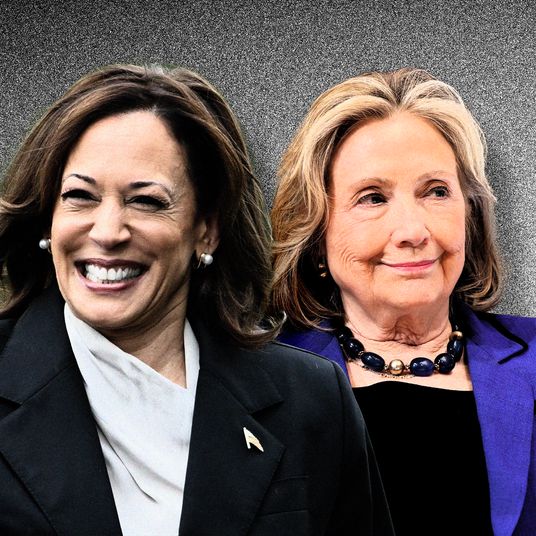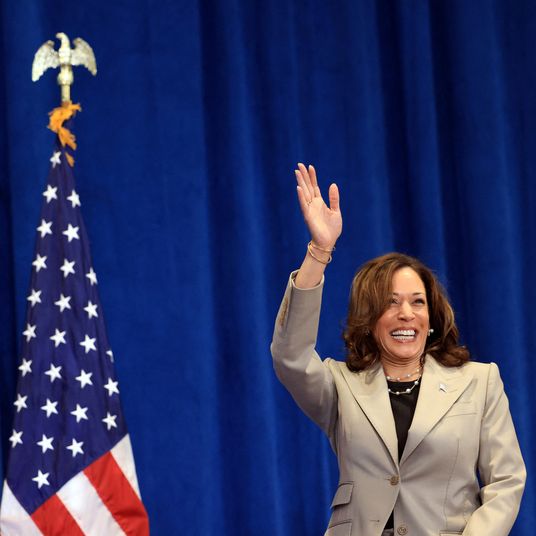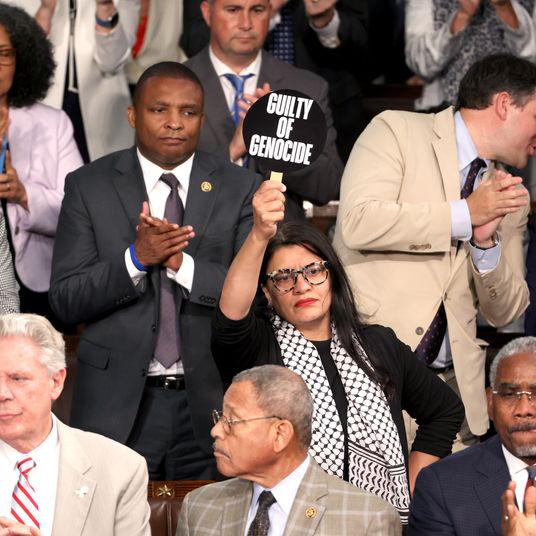
It’s often a bad idea to read too much into the questions justices ask during oral arguments, since sometimes they are testing out legal theories they aren’t sure about or actually want the lawyers on one side or the other to knock down. But in the big Obamacare case before the Supreme Court today, the signals were pretty clear, as the New York Times’ Adam Liptak reports:
It was not clear whether the court would strike down the so-called individual mandate, which was rendered toothless in 2017 after Congress zeroed out the penalty for failing to obtain insurance.
But at least five justices, including two members of the court’s conservative majority, indicated that they were not inclined to strike down the balance of the law. In legal terms, they said the mandate was severable from the rest of the law.
“It does seem fairly clear that the proper remedy would be to sever the mandate provision and leave the rest of the law in place,” said Justice Brett M. Kavanaugh.
Chief Justice John G. Roberts Jr. made a similar point. “Congress left the rest of the law intact when it lowered the penalty to zero,” he said.
The Court’s actual decision in California v. Texas, the challenge to Obamacare brought by Republican attorneys general from around the country, with the support of the Trump administration, probably won’t come down until the end of the current Supreme Court term in June or early July. But as Liptak says, the most crucial outcome seems clear. The Affordable Care Act won’t come crashing down in its entirety even if a majority of the Court finds what is left of the “individual mandate” to be unconstitutional on grounds that when Congress zeroed out the tax penalty in 2017, it killed the basis for the individual mandate. In turn that means that Congress will not have to replace Obamacare next year, which might have been more than a little problematic given the pretty good odds that the Senate will still be controlled by Republicans in January, while the House and the presidency will be controlled by Democrats.
To kill Obamacare, the challengers would have to prevail on three out of three disputes before the Court: whether they have standing to sue in the first place; whether a zero tax penalty for failure to buy health insurance has now become an unconstitutional direct “command”; and whether that provision is “severable” from the rest of the statute. There has been a great deal of concern that freshly minted Justice Amy Coney Barrett, who had written sympathetically about the challenge, would give it the crucial vote; indeed, that was the most prominent reason Senate Democrats gave for opposing her confirmation last month. The challengers argued that no matter what Congress intended in 2017, their legislative actions knocked out a crucial underpinning of the ACA. That claim seems keyed to the “originalist” approach to statutory interpretation identified with both Barrett and Justice Neil Gorsuch. But ultimately their views on Obamacare may not matter all that much, at least for the current Supreme Court term.
If that’s accurate, the Affordable Care Act will have survived three separate Supreme Court challenges: 2012’s NFIB v. Sebelius, the 5-4 decision in which Roberts famously upheld the individual mandate as an exercise of Congress’s tax powers, and a 2015 decision validating Congress’s power to offer insurance subsidies in states that had not set up Obamacare purchasing exchanges. The law was hardly unscathed; the 2012 decision held that the ACA’s Medicaid expansion would be subject to state approval, and the current case could kill what’s left of the mandate once thought to be essential to the system’s effectiveness. But Obamacare won’t be subject to the evil ministrations of either a reelected Donald Trump or a reestablished obstructionist Republican regime in the Senate. And that’s a big deal for the tens of millions of American who depend on the law for health insurance.







